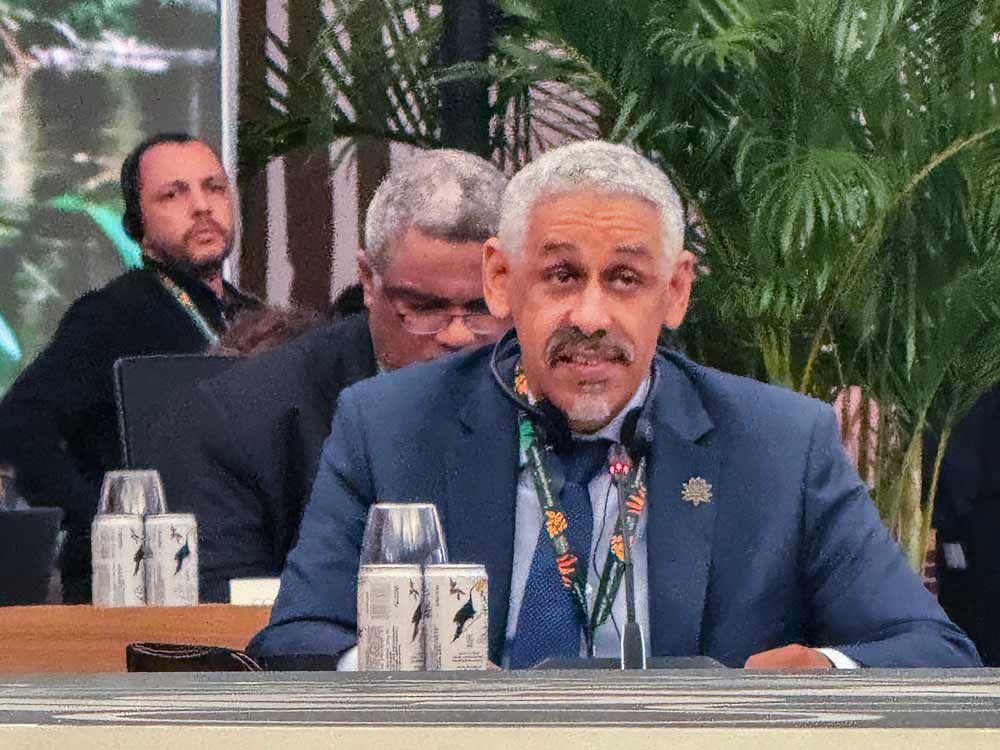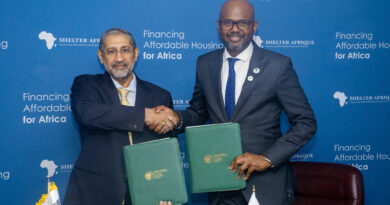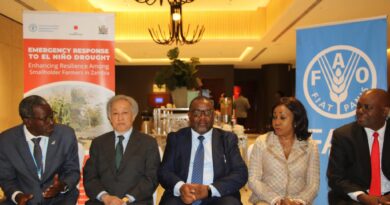AfDB Vows to Turn Climate Promises into Action at COP30
The President of the African Development Bank Group, Dr Sidi Ould Tah, has reaffirmed the institution’s commitment to transforming “promises into progress”, emphasising the Bank’s status as the first multilateral development institution to achieve equal financing for both climate adaptation and mitigation.
Speaking at the Belém Climate Summit in Brazil, held ahead of COP30, Dr Ould Tah highlighted the urgency of intensified climate action. Addressing a plenary session on Climate and Nature: Forests and Oceans, he reminded global leaders of their shared responsibility to protect nature, describing it as humanity’s greatest asset in the fight against climate change.
African delegates highlighted the continent’s essential role in global climate stability. The Republic of Congo drew attention to Africa’s vast tropical forests, representing 17% of the world’s total, yet warned that an estimated 3.7 million hectares are lost annually. Nigeria’s Vice President, Kashim Shettima, called for fair access to carbon markets to help countries restore forests and ocean resources.
Dr Ould Tah stressed that Africa’s ecosystems are not only natural treasures but also powerful climate regulators. He cited the Congo Basin, home to the world’s largest tropical peatlands, which store roughly 29 billion tonnes of carbon, equivalent to three years of global emissions.
He outlined the Bank’s climate strategy, shaped by its Four Cardinal Points: mobilising capital for green growth, promoting debt-for-nature swaps, empowering women and youth in environmental stewardship, and financing resilient, nature-positive infrastructure.
On Thursday, Dr Ould Tah joined Brazilian President Luiz Inácio Lula da Silva for the launch of the Tropical Forests Forever Facility, a new global fund designed to support countries within the Amazon and Congo Basins, as well as other tropical forest regions.
He praised the initiative as a milestone in global climate solidarity and noted its alignment with the Bank’s biodiversity programmes such as the Congo Basin Forest Fund.
As COP30 negotiations are expected to resume on 10 November, discussions will focus on the New Collective Quantified Goal for climate finance, which requires developed countries to mobilise at least $300 billion annually for developing nations by 2035. With those funds yet to materialise, the Bank is helping African countries pursue innovative climate financing solutions.
In 2024, the Bank published Measuring the Green Wealth of Nations, urging African governments to account for natural capital within GDP calculations. By valuing forests, peatlands, oceans and biodiversity as economic assets, the report argues, African countries can strengthen creditworthiness and attract investments to drive a sustainable, low-carbon future.



